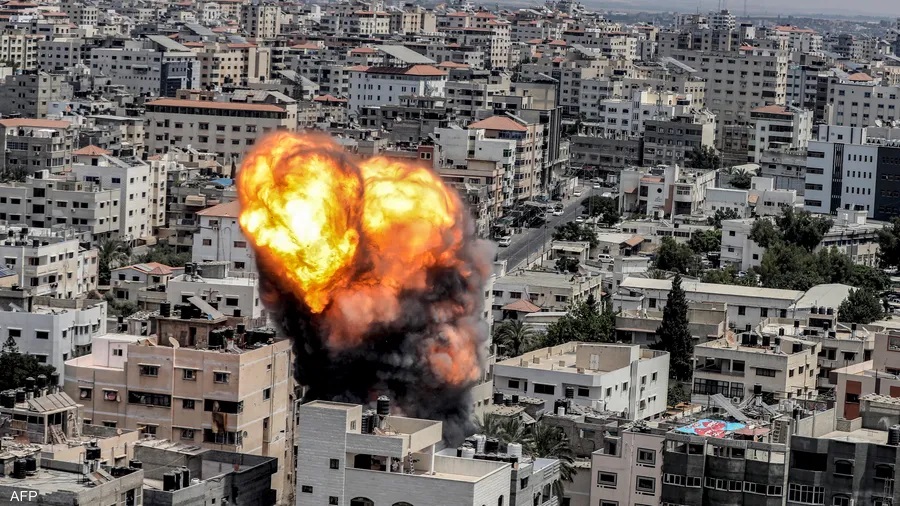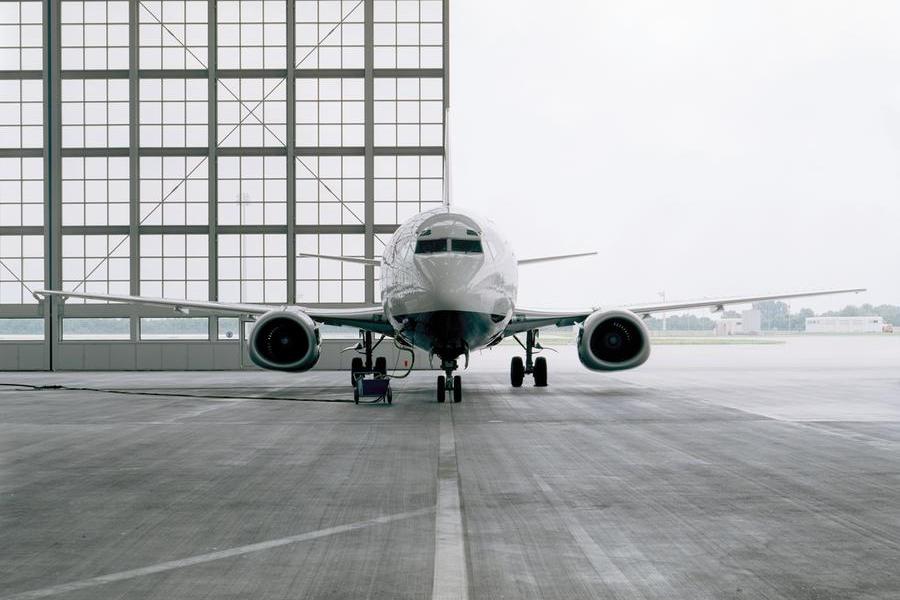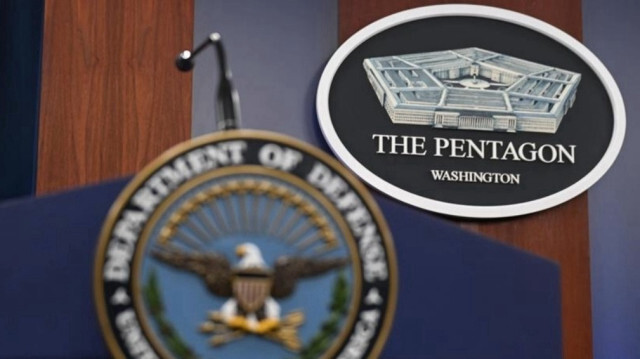Escalation in Gaza: A Multilateral Quest for Ceasefire
As Cairo hosts critical ceasefire discussions with Qatar, the U.S., and Hamas amid Israeli operations, the tension in Gaza escalates, raising concerns for civilian lives and regional stability.
Published May 09, 2024 - 00:05am

Image recovered from shorouknews.com
A high-level Egyptian source said that Egypt is warning of an aggravation of the already deteriorating humanitarian situation in the Gaza Strip due to Israeli operations. Cairo is exerting maximum efforts to achieve a comprehensive ceasefire and is hosting meetings with delegations from Qatar, the United States, and Hamas to continue negotiations to this end. Intense Egyptian efforts are underway with various parties to contain the situation in Gaza. Notably, on Tuesday morning, Israeli forces occupied the Palestinian side of the Rafah border crossing, halting the flow of aid to the Strip. The escalation came as Israeli military vehicles moved towards Rafah border crossing south of Gaza, with several artillery shells targeting the buildings, amidst continued intensive shelling towards the border town.
The Palestinian Crossing Authority announced a complete cessation of the movement of passengers and the entry of aid into Gaza. Following these events, a high-level source revealed that the Egyptian security delegation warned their Israeli counterparts of the consequences of invading the Palestinian side of the Rafah crossing. The Cairo News Channel quoted the source confirming that the security delegation demanded an immediate halt to this movement. Meanwhile, Egypt has condemned the Israeli military operations in Rafah and the resulting Israeli control of the Palestinian side of the Rafah crossing, considering this escalation a serious threat to the lives of more than a million Palestinians who primarily rely on this crossing for life essentials – it's their lifeline for exiting wounded and sick individuals to receive treatment, and for entry of humanitarian and relief aid.
Amid significant casualties resulting from the advance of the Israeli army within Rafah, the Israeli military announced its control over the Palestinian side of the Rafah border, after receiving intelligence that the crossing, located east of Rafah, was being used for terrorist purposes. The Israeli army claimed to have destroyed Hamas's military facilities and underground infrastructure – reporting the death of about 20 militants. Hamas considers the incursion into the Rafah border crossing a serious escalation against a civilian facility protected by international law. They assert this invasion aims to exacerbate the humanitarian situation in the Strip by closing it off and preventing the flow of emergency relief aid for the besieged people subjected to a systematic war of extermination and starvation by the occupation.
Egypt urged Israeli restraint and called for the international community to apply necessary pressure to defuse the current crisis and for diplomatic efforts to achieve their desired results. Similarly, the movement condemned the attack as a direct impediment to mediatory efforts towards a ceasefire and the release of prisoners, serving Prime Minister Netanyahu and his extreme government's personal interests, and executing a plan of extermination and displacement led by the extreme right-wing under Netanyahu. Additionally, King Abdullah II of Jordan, during a meeting with U.S. President Joe Biden at the White House, called for international action to avert a new catastrophe in Rafah.
The High Representative of the European Union, Josep Borrell, expressed concerns that the Israeli attack on Rafah is likely to cause more civilian deaths, emphasizing the absence of safe areas in Gaza. As tensions continue to escalate, the international community is closely monitoring the situation in the hopes of achieving a sustainable ceasefire in the Gaza Strip.
Continuing its efforts to prevent further destabilization, the United Nations has also voiced alarm over the escalating situation. The UN Secretary-General António Guterres issued a statement highlighting the dire need for rapid de-escalation and protection of civilians in both Gaza and Israel. He explicitly called for the adherence to international humanitarian law, particularly the protection of civilian infrastructure urgently needed for the delivery of humanitarian assistance.
As international diplomatic channels work fervently to mediate between Israel and Palestinian factions, the humanitarian situation in Gaza grows increasingly grave. The indiscriminate nature of the conflict poses an imminent threat to countless innocents. Hospitals, already on the brink due to a protracted blockade and the COVID-19 pandemic, face an unprecedented burden with the influx of casualties amid dwindling medical supplies exacerbated by the halt at the Rafah crossing.
Human rights organizations have echoed the concerns raised by political leaders and diplomats. Amnesty International has called for an immediate cessation of hostilities and reminded all parties that targeting civilian buildings is a violation of international law. Additionally, Human Rights Watch has initiated inquiries into human rights violations occurring in the conflict's context, aiming to document and report the consequences of military actions taken by both Israeli forces and armed Palestinian groups.
As the world watches anxiously, there is an urgency for a resolution that not only addresses the immediate cease-fire but also the underlying causes that perpetuate the cycle of violence in the region. While mediators from around the globe rush to stem the tide of conflict, the catastrophe unfolding in the Gaza Strip stands as a stark reminder of the region's need for a lasting and comprehensive peace agreement.






